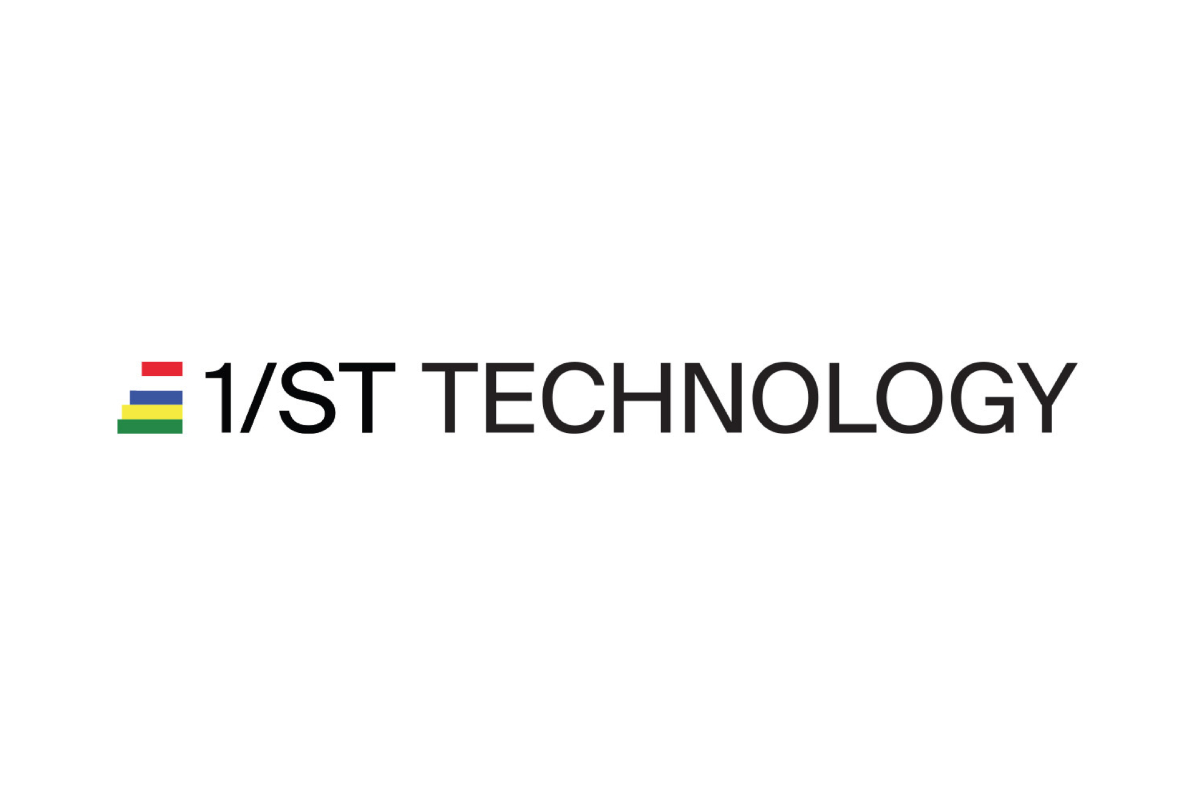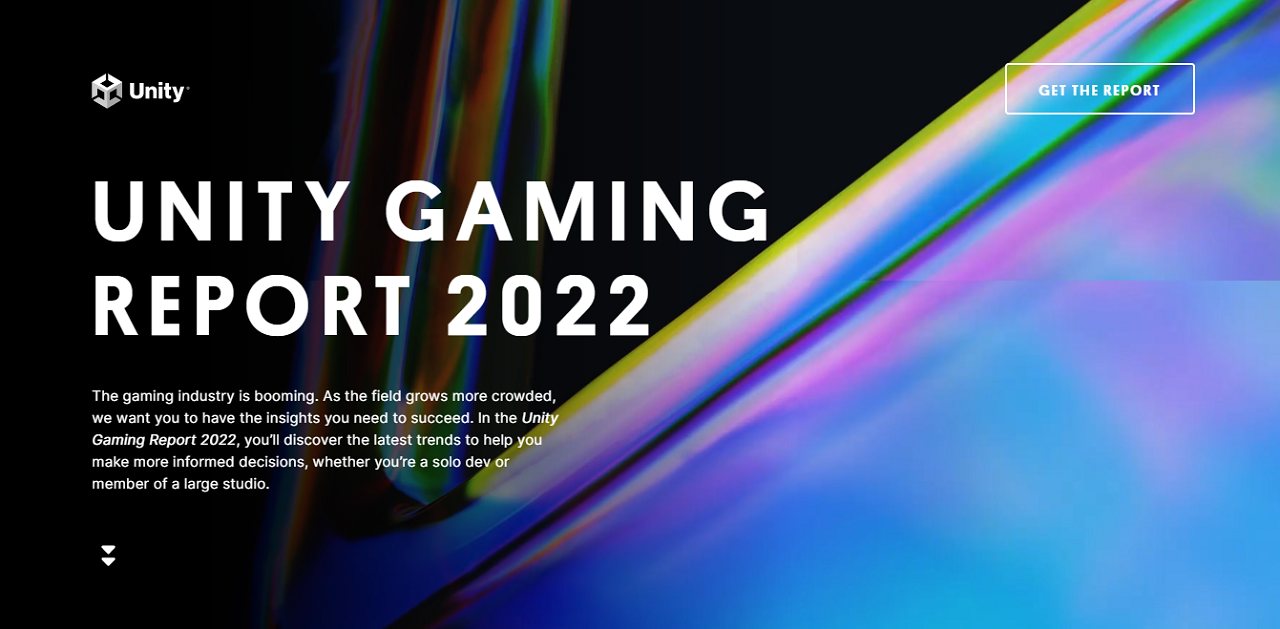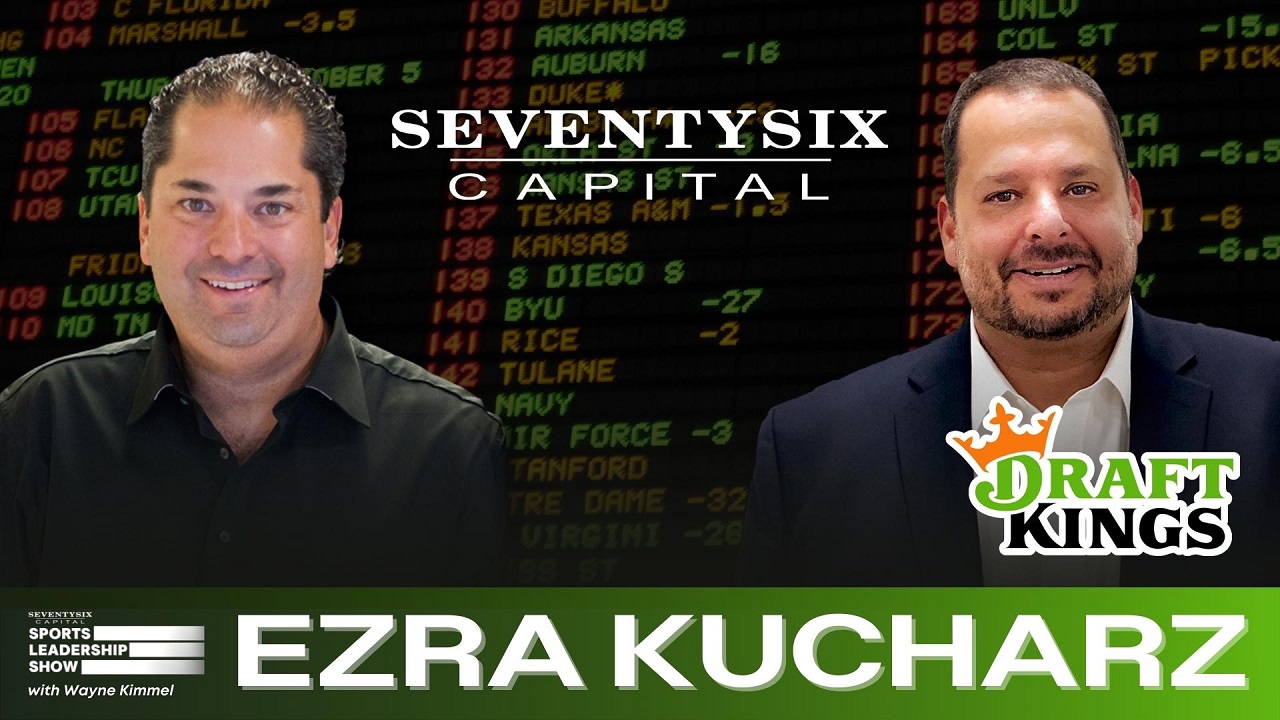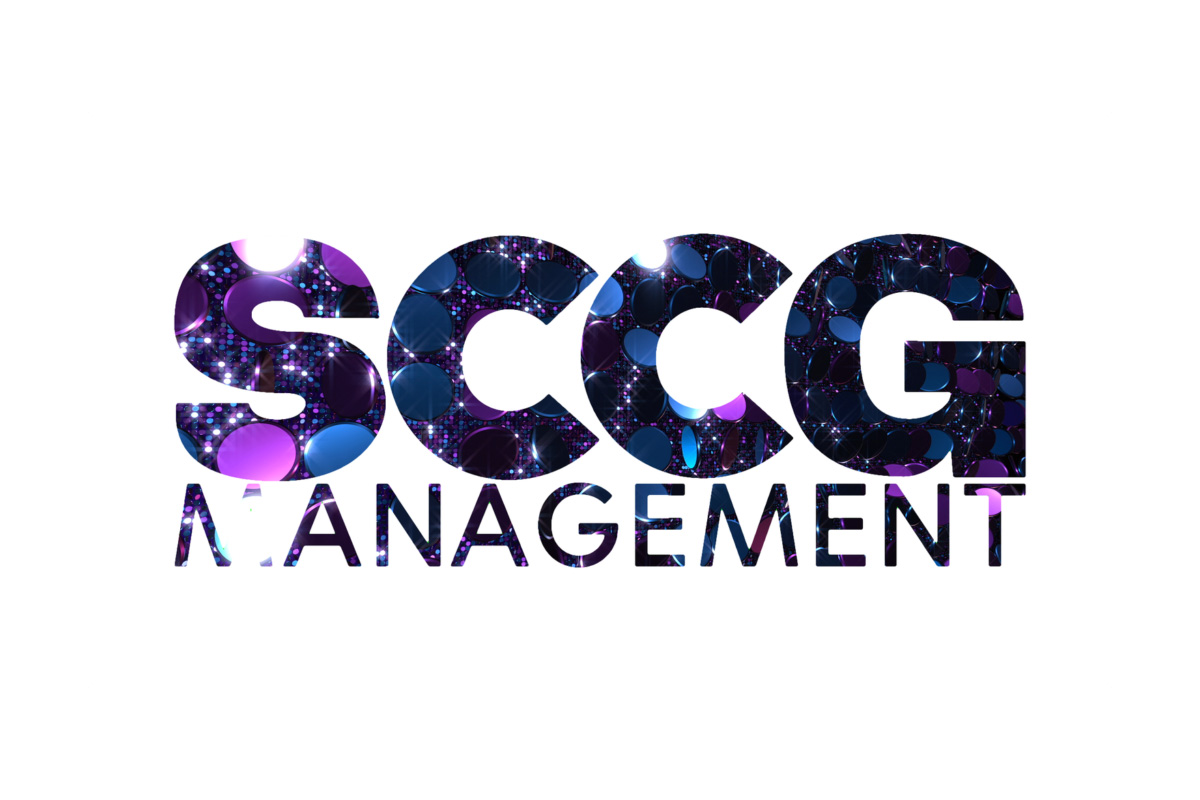
1/ST TECHNOLOGY & AMTOTE AGREE MILESTONE MULTI-YEAR WAGERING DEAL TERMS WITH BIRMINGHAM RACE COURSE & VICTORYLAND
Birmingham Race Course in Birmingham, Alabama and VictoryLand in Shorter, Alabama have signed a long-term totalisator services agreement for pari-mutuel wagering with AmTote International, a product of 1/ST TECHNOLOGY – horse racing’s largest and most innovative racing and gaming company, and the leading wagering technology company in the U.S.
This multi-year, totalisator services agreement sees Birmingham and VictoryLand migrate from their current totalisator provider to AmTote in April 2022, with the provisioning of 1/ST TECHNOLOGY AmTote products and services to these popular Alabama facilities.
The deal arms Birmingham and VictoryLand with a host of best-of-breed technologies and services, designed to enhance the betting experience for its customers. These include the underlying totalisator platform and accompanying race-day control services, retail POS betting terminals, self-service betting kiosks and mobile betting applications.
The wider initiative to continue improving existing products and develop new technologies aimed at digitizing the retail space is a key component of 1/ST TECHNOLOGY’s modus operandi. While a linked-up, customizable approach is now available for its partnering racetracks, thanks to services which also add the ability to leverage mobile betting via AmTote’s robust platform. Ultimately, through astute management and fast deployment, 1/ST TECHNOLOGY intends to secure the sustainability of high-class horse racing, breathing new life into a popular legacy sport for a sophisticated modern-day audience.
1/ST TECHNOLOGY’s world-class products – AmTote, Xpressbet, 1/ST BET, XB SELECT, XB NET, PariMAX and Betmix – are among the most trusted names in gaming, technology, and horse racing. AmTote technology and services host the majority of racetrack operators in North America and are currently in operation at Santa Anita Park, Gulfstream Park, Saratoga Race Course, Belmont Park, Aqueduct, and Woodbine, among many others, and process more than $18 billion in pari-mutuel and fixed-odds wagering around the world each year.
Keith Johnson, Chief Revenue Officer at 1/ST TECHNOLOGY, commented: “We are thrilled to earn the business of Birmingham Race Course and VictoryLand as new AmTote totalisator customers, and are excited to work with their teams as they evolve their wagering paradigm and technology with us. We look forward to continuing our relationship with Dr. Benefield and his team in Alabama for years to come.
“Our next-generation AmTote wagering platform will play a key role as 1/ST TECHNOLOGY continues to deliver against its mission to expand opportunities for innovation, new revenue opportunities, and diversification across 1/ST Group’s racing and gaming verticals.”
Dr. Lewis Benefield, CEO at Jefferson County Racing Association, Inc. and Macon County Greyhound Park, Inc., added: “We are excited to begin this new relationship with 1/ST TECHNOLOGY and AmTote as we partner to modernize our operations at Birmingham Race Course and VictoryLand. Partnering with the leading wagering technology provider in racing and gaming will give our customer base a new exciting experience.”










